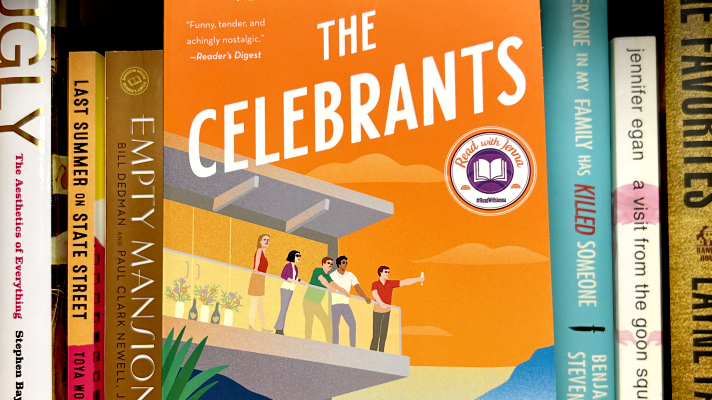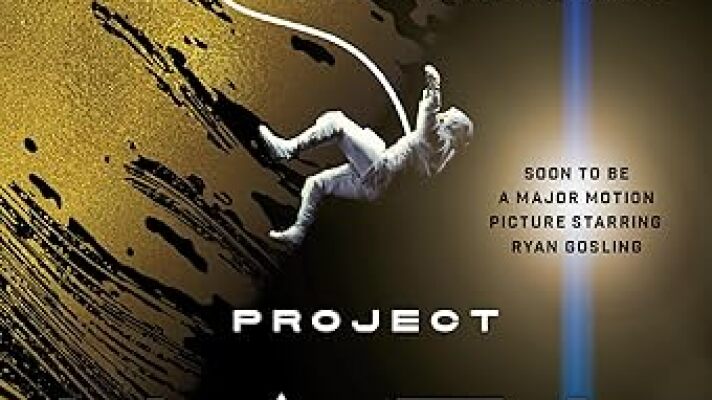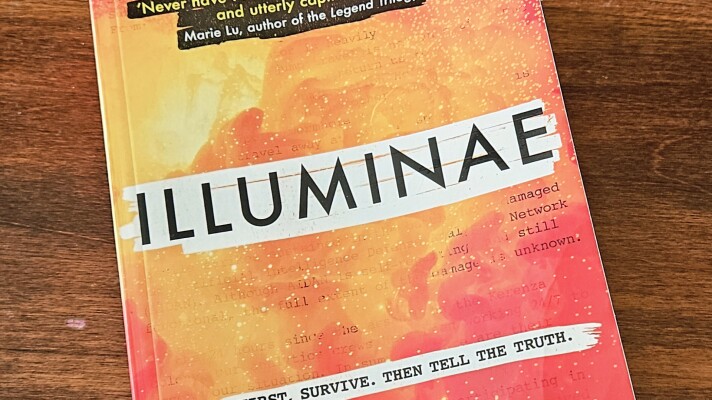Set in an alternate-reality 1830s Oxford, its protagonist, Robin Swift, is the ward of a renowned Englishman. Spirited away from East China poverty to posh London, Robin eventually studies at Oxford’s Royal Institute of Translation, called Babel. Robins’s dreams are plausible in a period Oxford that enchants—until it doesn’t.
Here, British imperialism swings on cultural hinges forged by Oxford dons. Philologists—translators—rank highly for their knowledge of “silver-making.” The novel’s conceit is that when silver is engraved with similar words from two languages, there’s a remainder of meaning, an untranslatable leftover; that’s where magic happens. Silver’s beauty and translators’ cleverness create the magic powering British greatness, whether ships, medical cures, household conveniences, or engines of war.
Sadly, xenophobia, racism, and classicism turn Robin’s dreams nightmarish. He also learns his linguistic skills are complicit in colonial exploitation. One memorable line notes, “An act of translation is … necessarily always an act of betrayal.” Robin ultimately makes a decision tying his story to the Bible’s original story of Babel.
However, the novel also gives an edifying view of translation based on humility and mutual understanding. One character celebrates “[l]istening to the other and trying to see past your own biases to glimpse what they’re trying to say. Showing yourself to the world, and hoping someone else understands.”
Kuang satisfies readers’ love of ivory towers and gleaming spires. Yet her Oxford raises questions. Do universities underwrite unjust economies, corrupt politics, uncritical nationalisms, destructive technologies? Can universities unite wisdom and virtue, knowledge and character? Kuang’s novel invites fascination and sympathy with Robin Swift—and self-reflection about universities’ priorities, discoveries, and resources.
If truth is stranger than fiction, then imaginative stories give us practice coming to terms with the truth. Babel gives us both—terrific fiction and important truths.
If you'd like to be a part of our Likely Stories Book Club, you can find all the relevant information and how to sign up to the mailing list, right here.














